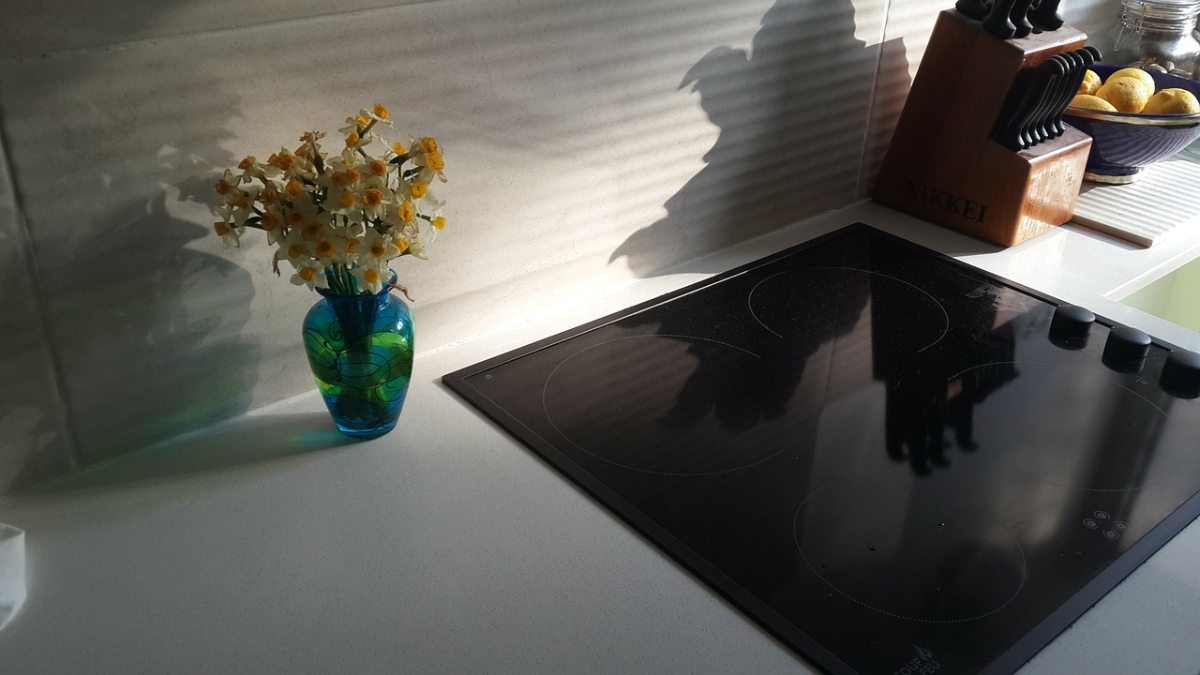The kitchen has always been the “heart” of any household. It is where meals are prepared for use by literary everybody in the house. Even for those who like to take away fast foods, they’ll still need to warm it before taking, and that means they’ll have to use the kitchen and its equipment. With advancements in technology, most of the current kitchen equipment is electric to help make work easier. However, this electric equipment come with various electric-associated risks. It is advisable always to follow safety precautions when dealing with electrical appliances in the kitchen. Below are safety tips on handling electric equipment in the kitchen.
Table of Contents
Consistent check on GFCIs
First of all, it is of great importance to always check all your Ground Fault Circuit Interrupter (GFCI) at least once every month. A GFCI is a Residual Current Device (RCD). Of late, the GFCIs have drastically become common in modern homes, especially damp areas like the bathroom and kitchen. The main purpose is to help avoid electrical shock hazards. It is designed to disconnect quickly enough to avoid any injury caused by overcurrent or short circuit faults.
Frayed cords, damaged insulation or broken plugs
Secondly, you should never use equipment with frayed cords, damaged insulation or broken plugs. This will help reduce short circuits and other related accidents in the kitchen. The frayed cords, damaged insulation or broken plugs may even start up a fir big enough to bring down the whole building.
The basic kitchen appliances like the some of the best dishwashers for large families need proper care. These can cause electric shocks if lose cables get into contact with water during connections. To be safe, its better to ensure they are well insulated.
Avoid water contact with the appliances
Also, you should always be safe to locate all electric appliances away from the sink. This will help you avoid water at all times when working with electrical appliances. You should also avoid touching or trying to repair any electrical equipment or circuits with wet hands. This is because water increases the conductivity of the electric current and may result in short circuits.
You should be extra cautious when using liquids around electrical cables and keep spills away from the outlet. For example, when baking or washing dishes, water can make its way into just about any area. This can cause electrical shock and damage to appliances. You should always be sure to avoid this at all costs.
Appliances such as the best electric pressure cookers need proper care. They can cause danger when their electric equipment parts come into contact with wet areas. When handling them, always be keen to avoid cables touching water.
Also Read: New Home Tips: Start Setting Up Your Kitchen With These 7 Bright Ideas
Clean the kitchen area
The next tip is always to clean up the appliances. For example, you should vacuum refrigerator coils at least once every three months to eliminate dirt build-up to reduce efficiency and create a fire hazard. Moreover, you should always make sure there is room behind the refrigerator for air to circulate properly.
When looking down the sides of your cabinets and counters, you can find many crumbs and dirt that you never noticed. Over the years, this type of debris can collect behind appliances you never check. If this food is too close to an electrical outlet, it could heat up and potentially cause a fire. Make an appointment to check around your kitchen’s outlets and clear out the dust, dirt, and food. While your guests may not be looking in these areas, this maintenance can avoid potential costly fires.
Avoid overloading of the circuits
Various kitchen electrical appliances require a high amount of power. This results in a high electrical demand that can put a lot of stress on circuits in the home. Putting too many appliances on the same socket and circuit will cause the breaker to trip.
While this may seem to be a temporary inconvenience, it may lead to a larger problem. If this goes on for quite some time in your kitchen, it may be time to reorganize the arrangement of cables or upgrade your electrical circuits. The damage to appliances will cost a lot more in the long run.
Items such as some of the best coffee makers with cone filters may need regulated power. This means the circuits in the kitchen should not be overloaded. It can help to prevent power surge and explosions in the kitchen.
Keep cables away from hot areas
Taking into consideration the floor space of your kitchen, counter space can quickly disappear. When preparing a meal, you may find yourself using multiple appliances, including the stove. In the process, there may be a spillage, or even a cord from a blender can soon come in contact with a hot stove surface or a toaster oven.
If left unattended, the protective layer on the outside of the electrical wire will begin to heat up and melt. This damage will expose the inner wires, and an electrical fire can start. When setting up an appliance on your counter, tuck the cable into a safe spot and keep track of the hot surfaces to avoid.
Also Read: Buying a Rolex? Check Out These 15 Rolex Collections You Should Know
Conclusion
With proper safety of handling equipment in the kitchen, you will have an assurance for safety. You will also have your devices serving for longer. Embracing these technologies is important for continued service.

